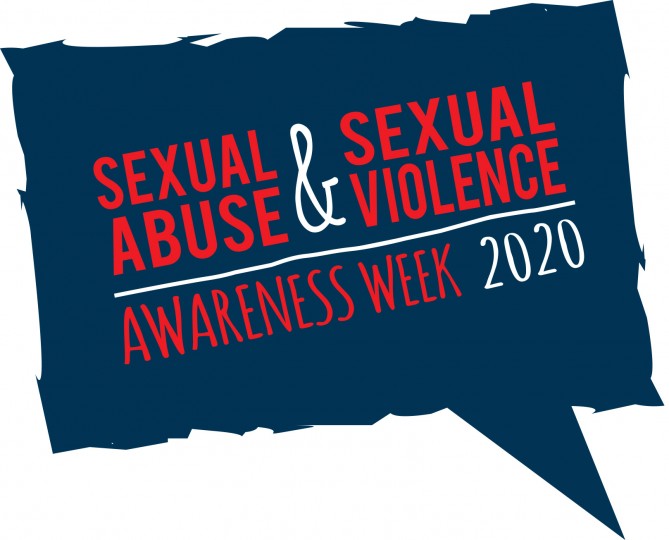In December I started writing a series of blogs about my experience of reporting rape and sexual abuse by two Church of England clergy. Why am I doing this now, many years after the abuse happened? I wrote on the first blog:
“I carry my shame on my back, it hides and burdens me. I want to throw off the cloak of shame, crack open the shell of secrecy and shine the light of truth. I want to be heard. I want justice. I want to be part of making things better for others.”
As part of Sexual Abuse and Sexual Violence Awareness Week, we can all be part of that journey from shame to light, as survivors and as allies.
The cloak of shame is forced on to us by our abusers. When they tell us we are special, that’s why they want us, they give us shame. When they tell us we are dirty, that’s why no-one will believe us, they render us shameful. When they tell us to shut up or they will hurt us or our family, they give us shame. When they repeatedly treat us as worthless and useless, they give us shame. When they show us that their needs are so much more important than ours, they give us shame. When they do things to us that we find disgusting, they render us shameful. When they frighten and hurt us so that our survival instinct is to freeze rather than fight, they give us shame. When they do things to us that our bodies cannot help but respond to, they render us shameful. When they groom us to say yes to a touch, a hug, a gift, so we are entrapped before we can say no, they give us shame. When they tell us we asked for it, they render us shameful.
We are smothered in this cloak of shame that we did not create and that should not be ours to carry. It is their shame, our abusers, but they have rendered us complicit and confused our minds so that we believe it is ours. Jung called shame the swampland of the soul. Our abusers try to bury us in the swamp.
This is one of the reasons why we find it so hard to tell anyone that we have been raped or abused; and why recovery is such a long and agonising journey. It is rare to feel ashamed if you suffer the trauma of a bereavement or car crash. It is common to feel ashamed when you are raped or abused. Carolyn Spring writes powerfully about this in her book, Unshame.
Researcher Brené Brown explains that shame is not regret about doing bad, but thinking ‘I am bad’, an “intensely painful feeling or experience of believing that we are flawed and therefore unworthy of love and belonging.” She suggests the antidote to shame is:
• recognising your shame triggers
• being compassionate to yourself
• reaching out to connect with others
• telling you story.
Whether you are a survivor or an ally, this week is a great week to reach out and connect. If you are an ally, offer the time, space and compassionate listening to support a survivor to tell their story. You don’t need the right words or anything special. Just be there, offer a safe space to listen and a warm heart to replace the shame cloak with a blanket of love. If you are a survivor, reach out to someone you trust and start to share. From my experience, you might need to share quite a few times before you feel less ashamed. Each sharing is a step towards self-worth, each step is a choice to see ourselves as loveable.
So take that step. Reach out. It’s time to shed the cloak of shame and rise out of the swamp.
